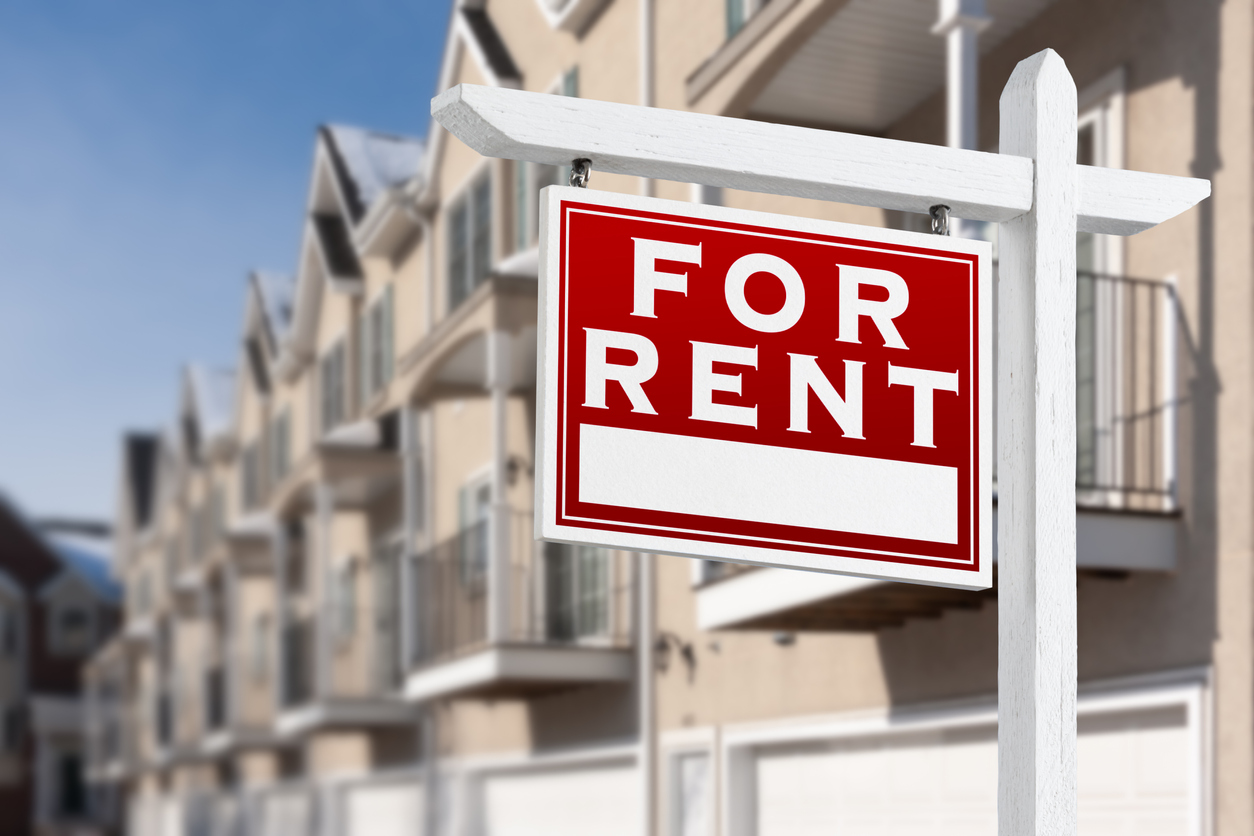Seattle home prices, over the last few years have increased at a record rate. In response, the Seattle City Council passed legislation in 2019 that was intended to help reduce the cost of homeownership for many city residents. The result, however, is not as the City Council expected. Costs continue to rise for many homeowners and homebuyers in the city.
The Mandatory Housing Affordability (MHA) tax is assessed on new construction in Seattle for multi-family and commercial zone development. The fee ranges between $5.00 and $32.75 per square foot for new construction.
As is often the case with government regulations, the full impact of the new MHA tax was not fully understood. Under the existing Seattle planning statute, the definition of new construction is not clearly defined, and it has created problems for homeowners wanting to remodel their homes.
Recently, The Seattle Times reported that a family wanting to re-model their 1916, Highland Park 650-square-foot home, were assessed $11,000 in fees on a remodel that was budgeted at a modest $60,000. The families plan included an attic conversion, enclosing a porch and bringing the home up to modern building code standards. The home originally cost $325,000, still a significant amount of money, but certainly more affordable than a downtown Seattle equivalent.
Unfortunately for the homeowners, the City of Seattle planning department, in its interpretation of the building code, determined that the remodel qualified as new construction and assessed the new construction MHA tax on the home.
The effect of the ruling, should the homeowners go ahead with the remodel, is the resale price of the home will increase. The homeowners, if they sell in the future, will want to re-coup the cost of the remodel and the additional fees in the sale price. The affordable home just got a little more expensive and priced out of the reach of many first-time homebuyers.
Since minimizing residential displacement is a core value of the MHA, the high fee would seem in contradiction to what the MHA legislation was supposed to achieve, low cost affordable housing. MHA is just one of many regulations that the City of Seattle imposes on remodeling homes that increases the cost of all housing, not just the home that the tax is assessed against. As a home value is artificially increased due to excessive taxes and fees, the homes around it will also go up in value.
Another example the negative affect of over regulation are the excessive fees added to new construction. These fees are all passed onto the home buyer in the purchase price of the home. Many construction fees are relatively small, compared to the overall cost of the home, but every fee added increases the cost of the home.
Its death by a thousand paper cuts, or in this case taxes and fees.
If Seattle wants affordable housing, the City Council needs to permanently repeal the more onerous regulations and stop passing new ones. Additionally, any new regulations the City Council decides to pass, similar to the state legislature that is required to attach a fiscal impact analysis to all new legislation, must be properly assessed for its effect not just on the city budget, but its effect on the cost of construction of the home.
In the meantime, not wanting to wait for the Seattle City Council to reduce the fees, the homeowners in Highland Park hired an attorney at the Institute for Justice (IJ) to take up their case with the City of Seattle. With IJ's advocacy the City changed its mind on the fees and on September 2, 2020 the homeowners received their permit for the remodel.






